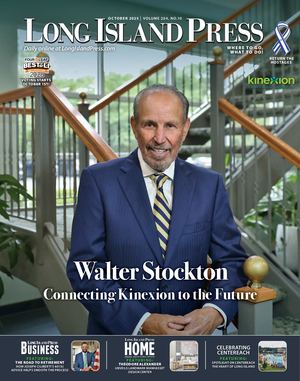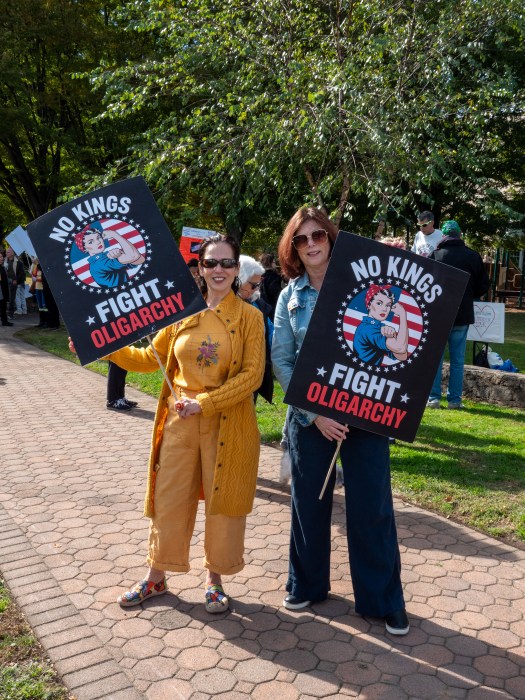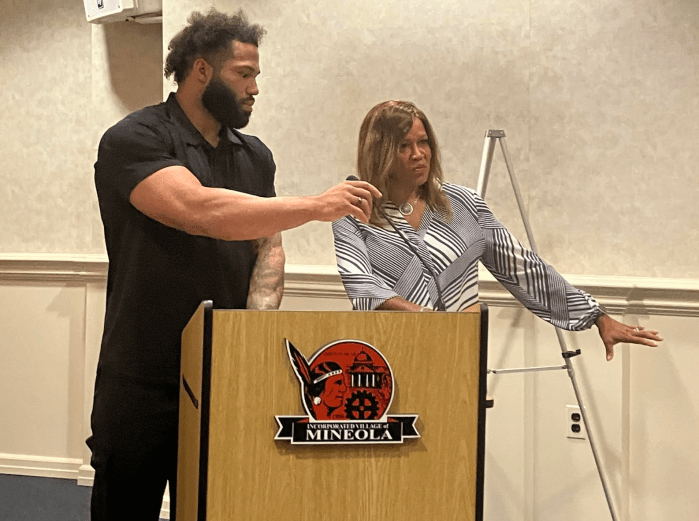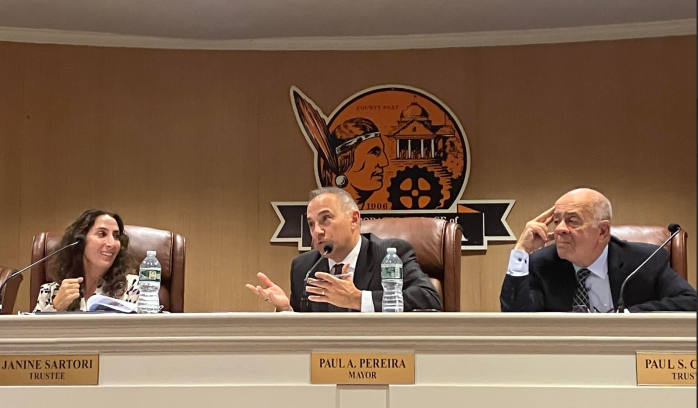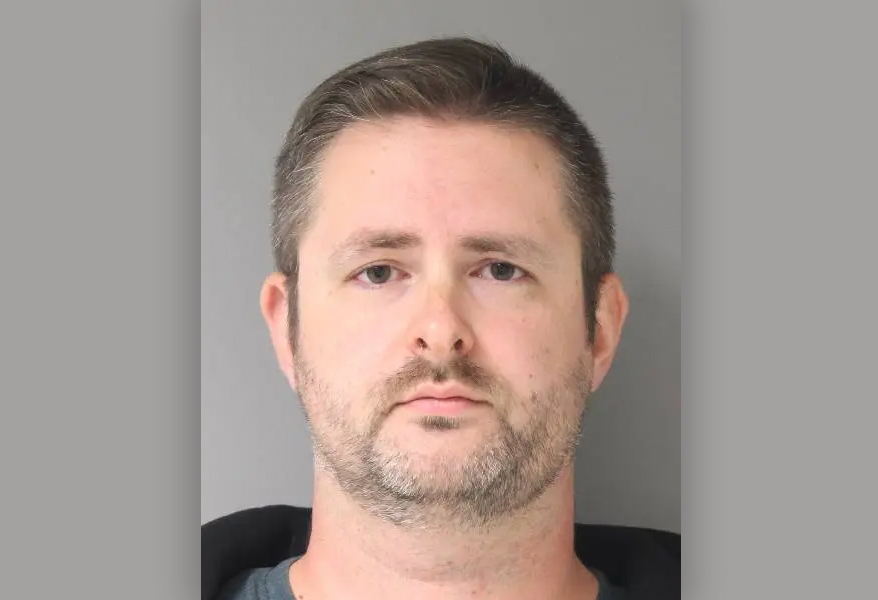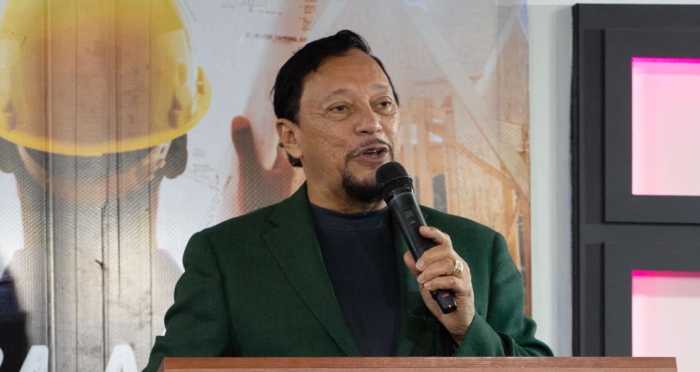The Mineola Village Board approved a plan to increase trustee terms from two to four years at a public hearing last week. The changes won’t fully take effect until 2018.
Due to staggered elections, the new trustee terms would be phased in, according to Mayor Scott Strauss.
“The concept has generally been well received and well supported,” Strauss said, who has held community forums on village issues, including the four-year term idea. “The topic has been discussed by the board of trustees for a number of years and we believe it’s time.”
Village officials and some residents feel the two-year term is not enough time to get up to speed on village issues, and that short terms can put officials in constant campaign mode.
“It’s not a position that you get comfortable with in just two years,” said Joe Grilo, who lives on Wellington Road. “You can’t plan into the future if you’re only going to be around two years, then worry about an election.”
Here’s the phase-in plan: Two trustees will be elected in March 2014 for two-year terms under current rules. In 2016, those seats would be up for the first four-year term. In 2015, two trustee positions and the mayor’s seat will be open for three-year terms. Those three seats up for election in 2018 would finally run for a four-year stay, completing the phase-in.
Deputy Mayor Paul Pereira feels this move puts the village on par with others its size. Mineola is the largest village in the Town of North Hempstead and among the top 15 in New York State. Other similar villages and smaller ones that call for four-year terms include East Williston, Freeport, Hempstead, Lynbrook, New Hyde Park, Westbury and Williston Park. “In terms of villages that are like ours…I can’t think of one that has two-year terms.”
Yet, the term plan did not go without opposition. Twenty-four locals attended the meeting, and of the 11 commenting on the plan, three opposed the change. Chris Wales, who ran for one of the open seats in 2011, argued that longer terms make politicians less responsive to the public.
“Two years was a small commitment to get in the door and I could prove myself,” he said. “When I would have come up for re-election, I could gain a vote of confidence from the people.”
Resident Elizabeth Hennley said she feels Mineola’s is a one-party board, with Paul Cusato a lone Hometown Party member among four New Line Party members, and asked whether it was not required to put the longer terms to the public on a referendum. Strauss said no.
“The only thing that is required is that we vote on it,” the mayor explained, adding that even the public hearing was not legally required, but that the board wanted to give the public a say.
Tempers flew at one point, with Hennley suggesting trustee Dennis Walsh’s place on the board came from getting chummy with trustees: “You were at the meetings over the years and no matter what I said, you always got up and said
‘Oh, Mr. Mayor, I agree with you.’”
Walsh strongly disagreed. “You’re not being truthful,” he said, before being cut off by Hennley. “I did sit in the audience for 10 years, but I came to this board to sit in this seat and put time and hard work in. That was a personal attack. Please be civil.”
Ed Savarese argued those who don’t support four-year terms are ignoring the bigger picture.
“You have to stop thinking short-term,” he said. “If [Hennley] is so opposed to this plan, I’d advise [her] to run for trustee.”
Officials say longer board terms would also reduce some costs, such as extra ballot production. Currently, local elections must produce ballots for 110 percent of registered voters.
Mineola has roughly 12,000 voters, requiring the village to produce 13,300 ballots for every election. Typical voter turnout, even in a hotly contested election, rarely surpasses 1,000 voters. That’s nearly 12,000 ballots at $.55 apiece, according to the Nassau County Board of Elections, that go into the trash.
Strauss indicated Mineola spends roughly $10,000, which includes voting machines, mailers, etc. on Election Day. Voting machines also carry a hefty price tag, old or new.
“The cost could nearly double if we go to the electronic machines,” he said. “We stand to save if we go to four-year terms.”
Mineola has been using the old lever-style voting machines, via a year-to-year state waiver. A bill proposed in the state senate to give the lever machines a permanent stay didn’t pass the Assembly last year, so it’s possible Mineola may need to switch to the new scanner machines down the line.
